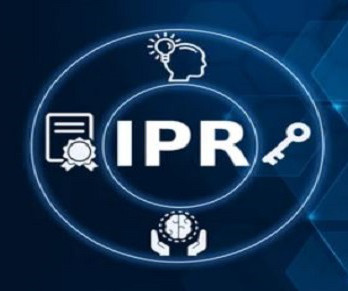When Is Trade Secret Protection the Right Choice?
The IP Law Blog
JANUARY 18, 2024
Companies rely on intellectual property (“IP”) rights to protect their valuable information, creations, and branding. IP rights come in several forms: copyrights, trademarks, patents, and trade secrets. While there are certain rights in common law trademarks, greater protection is afforded by registering the mark with the USPTO.













Let's personalize your content